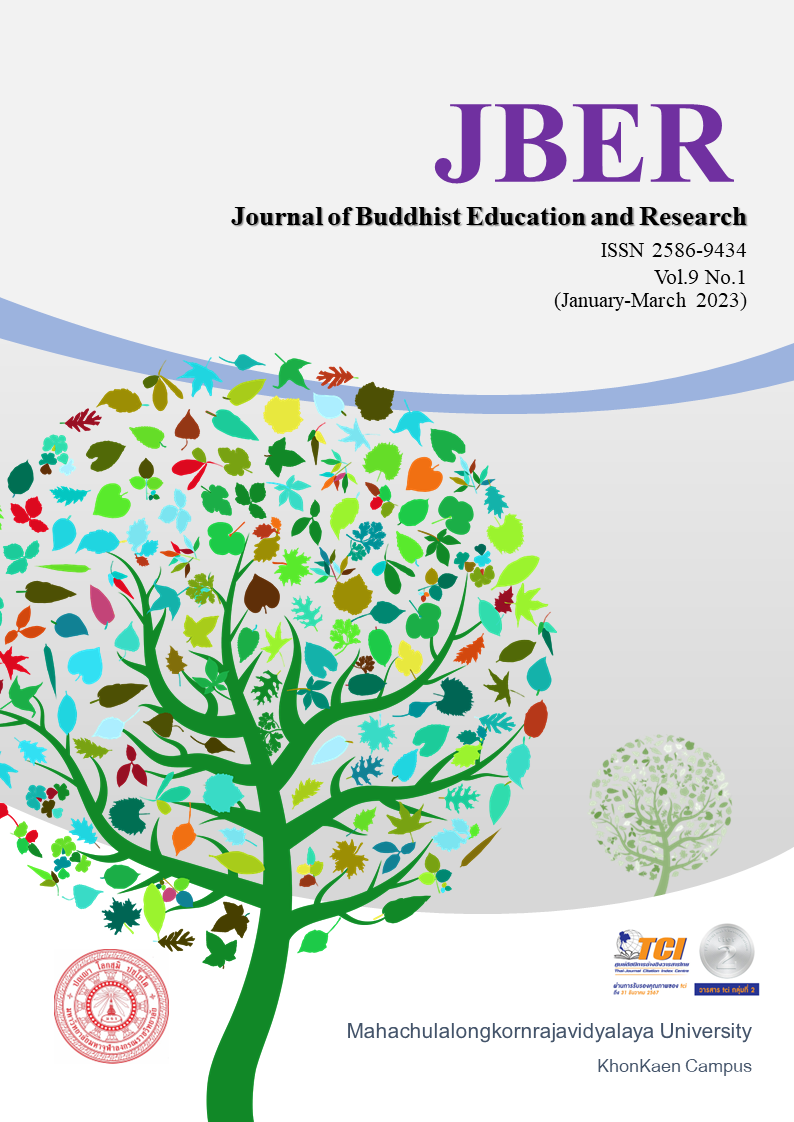RESEARCH ON THE IMPACT OF UNIVERSITY-INDUSTRY COLLABORATION ON COLLEGE STUDENTS' ENTREPRENEURIAL ABILITY WIYH RESOURCE BRICOLAGE AS A MEDIATOR
บทคัดย่อ
The important role of cross-organizational reorganization of resources in the process of university-enterprise collaborative innovation in enhancing the entrepreneurial ability of university students is generally recognized, but how to promote resource collocation and deep synergy between universities and enterprises, which in turn can affect the entrepreneurial ability of university students, is an urgent issue. In this study, 688 students from applied colleges and universities across China were used as research subjects to study the impact of university-enterprise collaborative innovation process on students' entrepreneurial ability and its mechanism of action through scale measurement and semi-structured interviews. The results show that school-enterprise collaborative behaviour has a significant impact on the entrepreneurial ability of university students; resource pooling plays a partially mediating role between university-enterprise collaborative behaviour and university students' entrepreneurial ability; innovation policy and campus innovation atmosphere play a significant moderating role between university-enterprise collaborative behaviour and university students' entrepreneurial ability. This study expands the research horizon of resource pooling and collaborative innovation, and provides a new perspective for the development of collaborative innovation theory.
เอกสารอ้างอิง
Baker, T., & Aldrich, H. W. (2000). Bricolage and resource seeking: Improvisational responses to dependence in entrepreneurial firms. Ph.D.Working Pater, school of Business, University of Wisconsin Madison, USA.
Baker, T., & Nelson, R.E. (2005). Creating something from nothing: resource construction through entrepreneurial bricolage. Administrative Science Quarterly, 50(3),329-366.
Chesbrough, H.W. (2003). Open Innovation.Harvard Business School Press.Boston.
Dai, F.M. (2012).Research on the influencing factors of College Students' entrepreneurial tendency.Master's thesis,Liaoning University of Science and Technology.
Etzkowitz, H., & Leydesdorff, L. (1995). The Triple Helix University industry government relations: A laboratory for knowledge based economic development. East Review,14(1),14-19.
Gu,J.J,& Shen,X.B. (2019).Research on the relationship between entrepreneurs' professional values, resource bricolage and entrepreneurial performance.Scientific Research Management, 40(11),206-215.
Guo,R.P.,& Cai,L. (2017).Dual knowledge integration, entrepreneurial ability and high-tech new enterprise performance.Scientific Research,35(2),264-281.
Levi Strauss (1968). The Savage Mind. University of Chicago Press, Chicago.
Li, L.C.,& Zhang, F.Y. (2012).An empirical study on the impact of entrepreneurship policy on College Students' entrepreneurial motivation. Technical Economy and Management Research,12,41-45.
Man, T. W. Y. (2012). Developing a behaviour-centred model of entrepreneurial learning. Journal of Small Business and Enterprise Development, 19(3), 549-566.
Ren, Z.Z. (2016).Research on influencing factors and development mechanism of College Students' entrepreneurial ability from the perspective of resource collaboration.Doctoral Dissertation, Jiangsu University.
Senyard,D.J.,Bake,R.T., & Davidsson,P.(2009).Entrepreneurial bricolage:Towards systematic pirical testing.Frontiers of Entrepreneurship Research, 29(5), 1-15.
Sun,Y.L.,Chen,J.,& Song,J. (2018).Research on the influence of dual strategic orientation on enterprise resource bricolage.Scientific Research,36,684-700.
Xiang, Y.X. (2013).Research on the mechanism of collaborative innovation process in Colleges and Universities Based on knowledge triangle.Doctoral Dissertation,Zhejiang University.
Xie, Y.P., Liang, S.R., & Chen, R.J. (2017).Failure learning, entrepreneurial action learning and entrepreneurial ability -- the moderating effect of grief recovery orientation.Management Review, 29(4),47-58.
Yu, X.Y.,Li, Y.J.,& Tao, X.M. (2017).Summary and future prospect of entrepreneurial bricolage research.Journal of management,14,306-316.
Zheng, J.J., Jin, S.H.,& Ma, G.Y. (2009).Measurement of organizational innovation climate and its moderating effect on the relationship between employees' innovation ability and innovation performance.Journal of Psychology,41(12),1203-1214.





